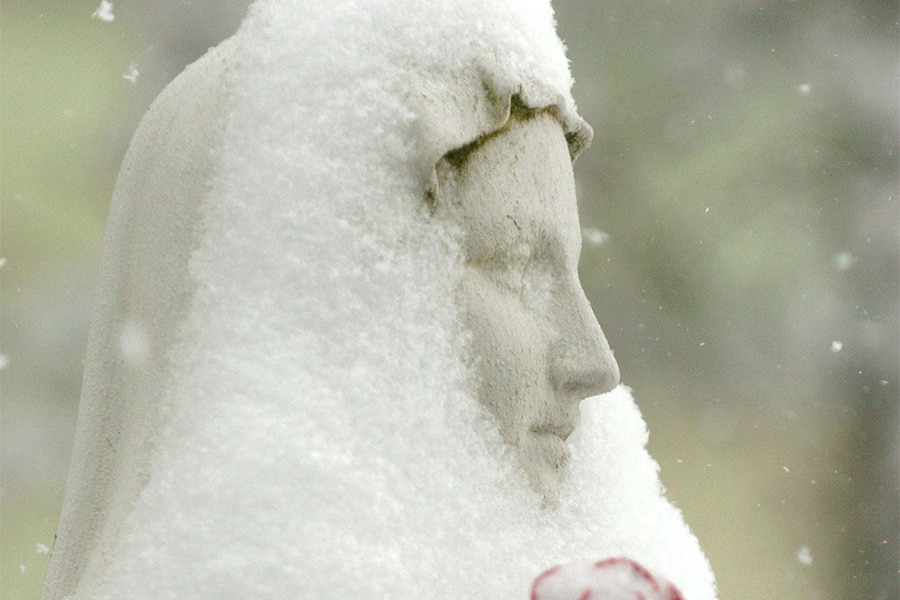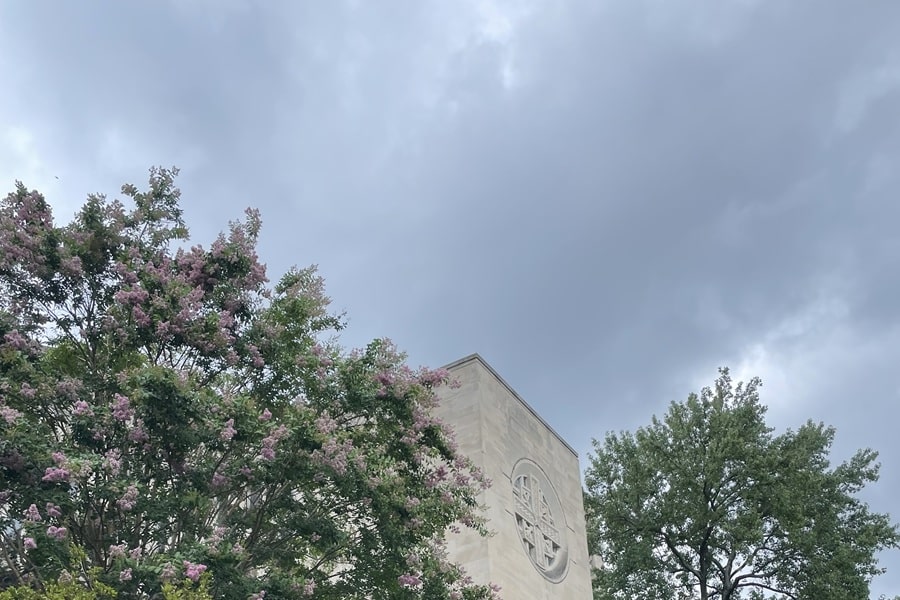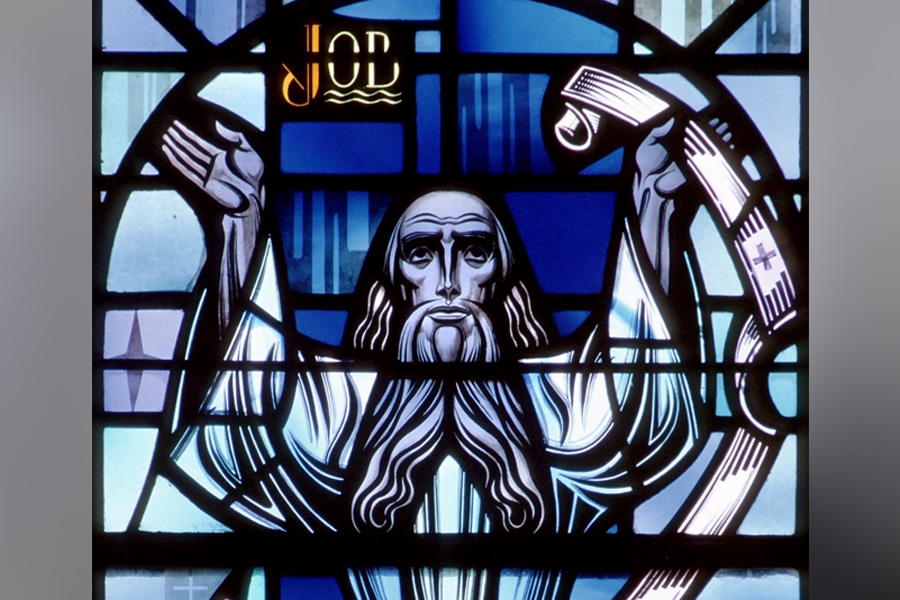The sun set warm and golden over Tor Vergata on the evening of Aug. 19, 2000. A crowd of more than 2 million young people pressed close to the barricades set up in that giant field outside of Rome. Flags snapped in the wind, chants rose from every corner of the world, and then — he came. John Paul II, the old Polish pope with trembling hands and blazing eyes, stood before the youth of the world. He was visibly tired, his body worn from decades of suffering and service.
“It is Jesus in fact that you seek when you dream of happiness,” he said, the words straining from his aged voice. “He is the beauty to which you are so attracted … he who urges you to shed the masks of a false life … he who stirs in you the desire to do something great with your lives.”
We believed him.

We believed him because we had seen how he lived — uncompromising, joyful, utterly given. We believed him because he named something we already knew but hadn’t found the courage to say: That nothing else would satisfy us.
But what came next? None of us could have known.
We could not see then the long winter that was coming — the heartbreak of the sexual abuse crisis, which would shake our trust. The rise of the new atheists and the millions who would drift from the church, disillusioned or indifferent. We didn’t yet know the taste of pandemic loneliness or the silence of shuttered churches.
And yet. He is still the One we seek.
Twenty-five years after World Youth Day 2000, the world watched as another pope came to meet the youth of the church, again at Tor Vergata. Leo XIV, just a few months into his pontificate, stepped onto the world stage on a summer evening in 2025. A million young people were there, waiting. Not with naïve exuberance, but with something deeper: hope, tested and true.
When the popemobile appeared in the distance, great shouts erupted from the crowd. Pope Leo, smiling wide, slowly rode through the sea of flags and waving hands. He greeted each corner of the field. It seemed he would never stop, that he didn’t want to. His presence was deliberate, fatherly, tender. The joy was real.
But it was what came next that took our breath away.
As the vigil began, a procession formed. And Pope Leo himself lifted high the Jubilee Cross and headed to the stage prepared for the evening’s celebrations.
Around him walked young people from every continent. We watched, many with tears, as the successor of Peter led the youth of the church with the cross, the ancient sign of contradiction held high.
It was a moment of strength. Of humility. Of hope.
Then, Pope Leo spoke to us about friendship — a theme no less urgent than in 2000. One young woman had asked him how, in a world of digital illusions and lonely scrolling, we might find love and friendship that are real.
He answered with the wisdom of the saints: “St. Augustine tells us there is no friendship that is authentic if that is not in Christ … The one who loves God in his friend, truly loves his friend. Friendship with Christ, which forms the basis of faith, is not just one aid among many others for building the future; it is our guiding star.”
So there it was. Once again, at Tor Vergata, we heard the truth: That only Christ satisfies. That only he can heal the wounds we carry. That only he can anchor the friendships that won’t blow away with the winds of time. That only Christ can be our hope.
Read More Commentary
Copyright © 2025 OSV News








